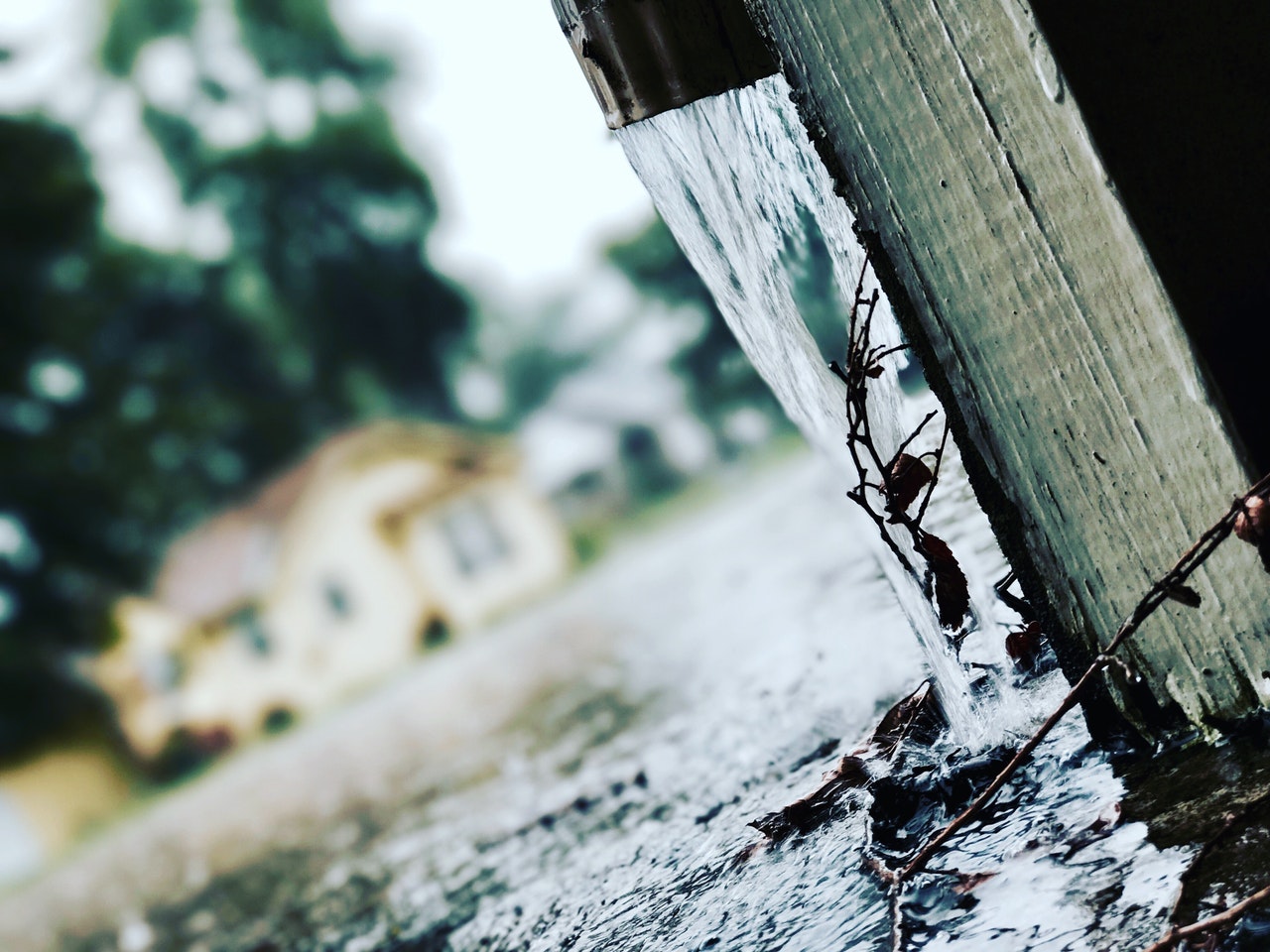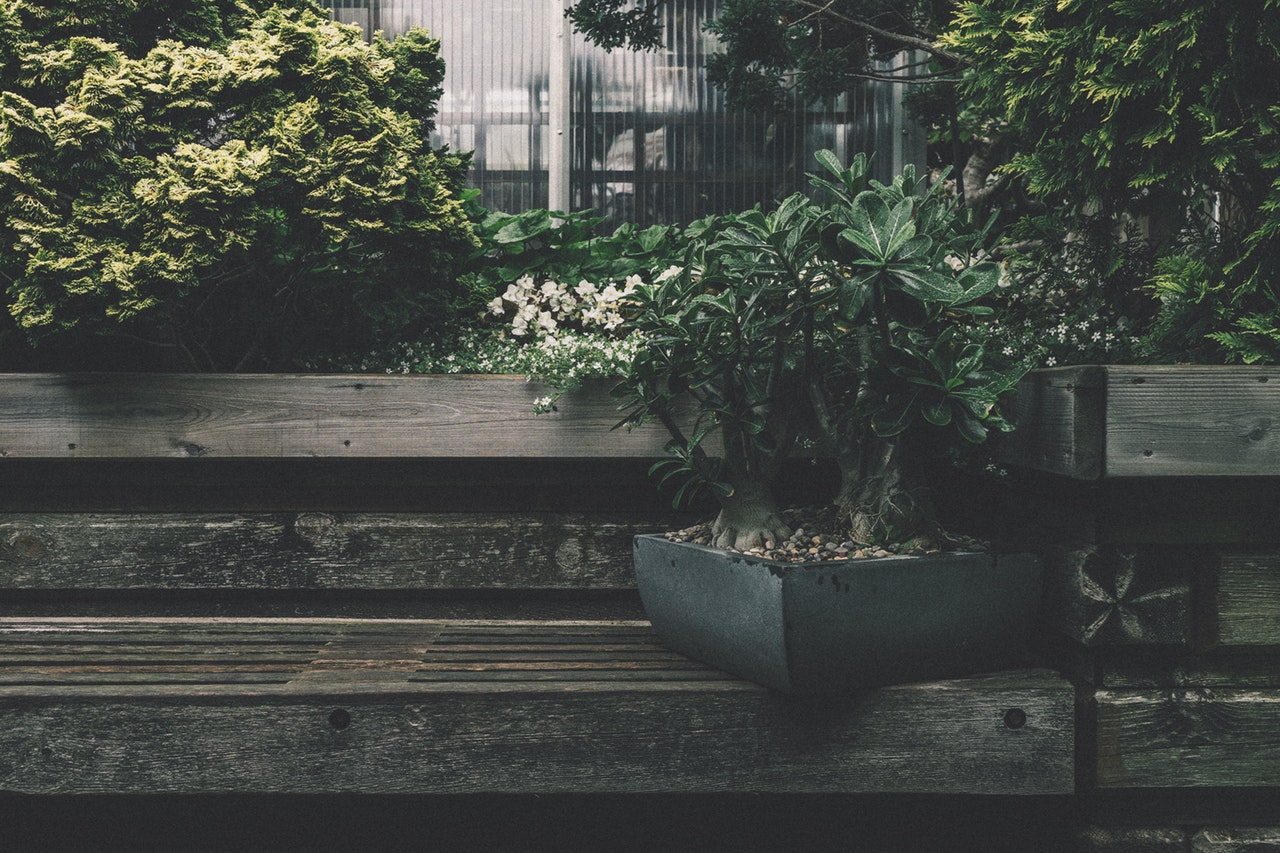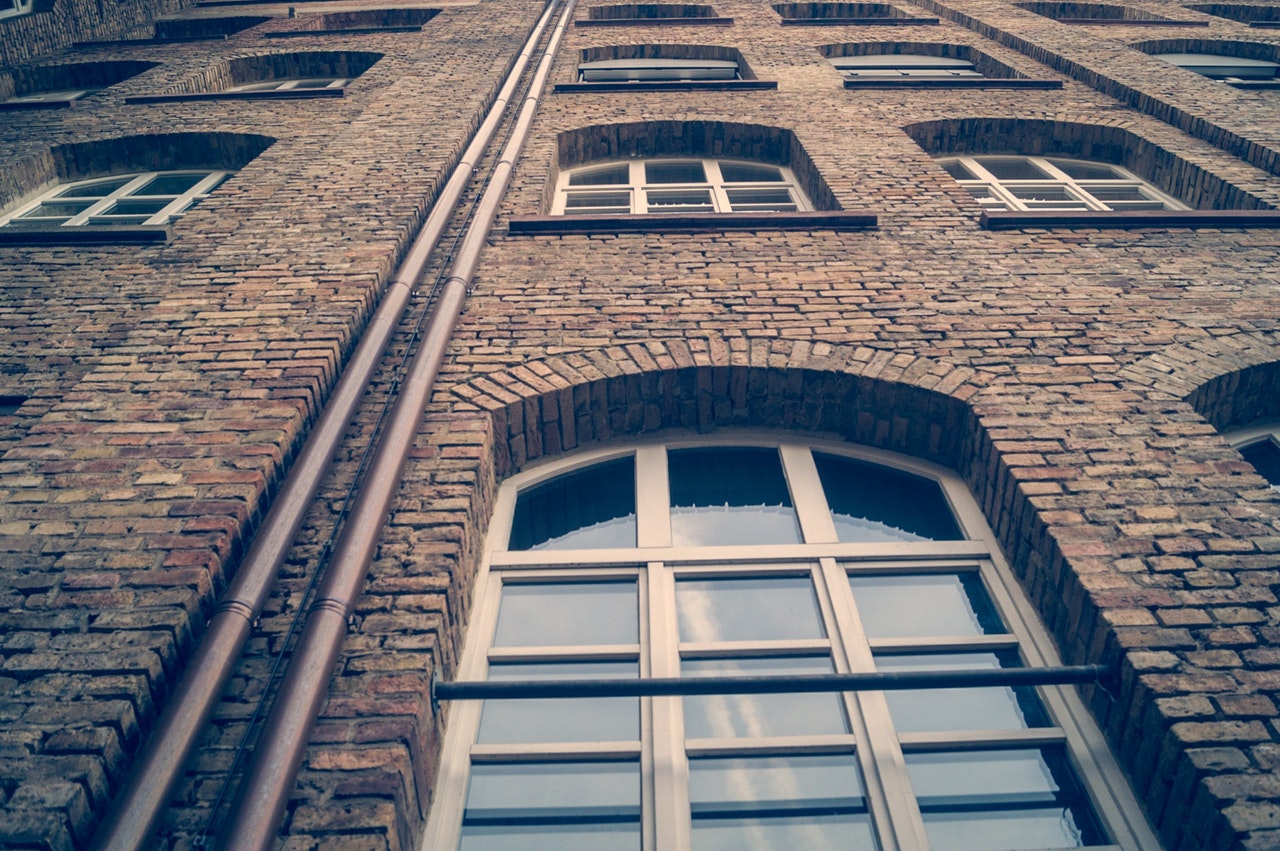Tips: Protecting your Home Against Storms and Bad Weather
With the recent news of Hurricane Irma battering the Caribbean and some parts of America, and with the weather turning particularly gloomy across the UK, it’s no surprise that winter is well and truly on its way.
The UK, though not affected by hurricanes and tropical storms, can be particularly susceptible to heavy rain, storms, ice, sleet and snow and flooding. Gale force winds can also force us to take extra measures in ensuring our homes and our belongings are kept safe at all times.
So, what can we do to ensure our safe haven is kept safe? Here are a few simple tips on protecting your home and prized possessions against storms and bad weather.

Check the Entire Property
Check your property thoroughly. This includes the outside and the perimeter also. Are your fences secure? Are your drain pipes sturdy enough to withstand the wind? If possible, get a ladder and check the roof tiles on your property. Are there any loose or crumbling bricks?
Performing checks like these will ensure that you’re aware of any remedial work that needs to be carried out before severe weather hits. For example, a broken fence can cause a lot of damage to either yourself or your neighbour’s garden if it was to break free and a loose or wobbly drain pipe could spell disaster if it was hit by a gust of wind.
Make sure you call in the professionals to do any work on things like damaged guttering or roof tiles to prevent injury or harm to yourself. What’s more, if you were to try and fix it yourself you could make things worse.

Gut Your Garden
This may sound harsh but essentially, any loose garden furniture such as tables and chairs and/or trampolines or children’s playhouses should be dismantled carefully and locked away through the duration of winter.
This may seem like a pain and it won’t make the kids happy but loose items such as these will be the first to blow over and cause damage should a storm hit so it’s best to keep them in a locked garage or outhouse whilst they’re not being used.
Offer to take the kids to a trampoline park if they really can’t face being without their trusty toy – but also remind them, their safety is much more important during these colder months. Do the same with any patio furniture, bird tables or potted plants so as not to run the risk of them being knocked over by a particularly strong gust of wind.
Look at the trees, plants and bushes in your gardens. Cut back any long-hanging branches and ensure all shrubbery is pruned and relatively out of reach. Winds and storms often cause the branches on trees to break which can damage your roof, garage or car so it’s always best to do what you can. If there’s anything that looks particularly troublesome, call in a tree surgeon to tend to it before any adverse weather.

Inspect your Pipes
With the weather getting colder, it won’t be long before we’re experiencing snow, sleet and ice again so be sure to inspect your pipes beforehand.
Frozen pipes are a nuisance in winter and can cause your home to flood, so make sure your external hosepipe is disconnected and be sure to put your heating on, at least for an hour each day. Even putting the heating on a timer can go a long way in ensuring your pipes don’t seize up.
If you’re planning to be away from home for a few days, either leave the heating on a timer or ask a neighbour to stop by and just double check everything is in working condition.
Check the pipes thoroughly outside and in the attic to make sure there is no damage, leaks or issues and get your boiler serviced before the bad weather arrives so that you know it’s in optimum condition. There’s no worse feeling than having no heating whilst the temperature has hit sub-zero!
And Finally…
Be sure to get a good insurance policy should anything go wrong. If you’ve just spent a small fortune on redecorating your living space (including that brand new, shiny sofa!), then it’s worthwhile looking at your insurance and contents policies so that they’re up to date and you’ll know you don’t have to endure any unnecessary costs if the worst was to happen.